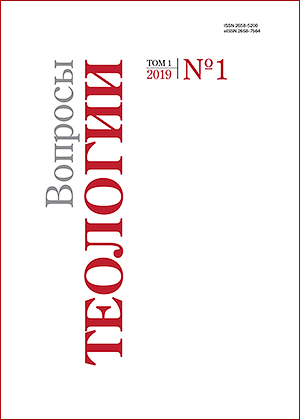Does Religion Hinder Public Dialogue?
DOI:
https://doi.org/10.21638/spbu28.2019.106Abstract
The paper contains a critical exploration of Richard Rorty’s atheistic pragmatism, particularly his understanding of religion as a factor that hinders cultural and political dialogue. In Rorty’s opinion, references to “deep religious convictions” in public discussions are often used as the final argument that puts an end to dialogue. Therefore, religion acts as a “conversation stop-per”. The article puts forward a number of arguments against this pragmatic attitude. It is argued, that the “privatization” of religion, advocated by Rorty, is as practically impossible as the privatization of language or morality. Religious faith (tradition, cult) is always a “common” and not “private” cause. The laicist public/private dichotomy is at odds with the principles of liberal democracy: in order to participate in social and political life, believers are forced to break their identity into religious and civil (the former prevails in private life, while the latter in public life); i. e., they find themselves in less favorable conditions than carriers of secular worldviews. Meanwhile, evidence suggests that religion in a post-secular world, contrary to Rorty and those who share his views, is becoming an integral part of politics, returning to the public space from the private ghetto, into which theorists and practitioners of Western secularism tried to drive it. Religious moods are gaining momentum, and church and clerical leaders increasingly often become political actors, affecting public opinion and governmental decisions. Therefore, we should rather speak about the revival of religion, but not its decline, about the “publicization”, but not privatization of faith.
Keywords:
religion, politics, secularism, public, private, communication, dialogue
Downloads
References
Downloads
Published
Issue
Section
License
Articles of "Issues of Theology" are open access distributed under the terms of the License Agreement with Saint Petersburg State University, which permits to the authors unrestricted distribution and self-archiving free of charge.




